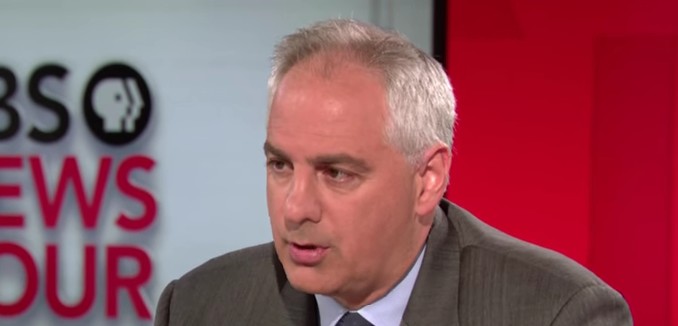Ray Takeyh, a former State Department official and senior fellow at the Council on Foreign Relations, called on President Barack Obama to negotiate a better nuclear deal with Iran which, unlike the current agreement, will be approved by a majority of Americans and their congressional lawmakers, in an op-ed published Wednesday in the Miami Herald.
Takeyh emphasized several shortcomings of the deal, particularly its lax inspections regime and failure to dismantle much of Iran’s nuclear infrastructure, and argued that if Iran develops an even more advanced nuclear program by the end of the deal, there would be “no inspection modality that could detect its dash to a bomb in a timely manner.” He further observed that an intricate sanctions regime, which was built over a decade, cannot simply be “snapped back,” and that claiming so is “delusional.”
Paradoxically, the supporters of the agreement should welcome congressional disapproval. As it stands, the agreement is rejected by most Republican lawmakers and the president has had to resort to arm-twisting and threats to ensure Democratic support. It may come to pass that Obama can sustain his agreement through a parliamentary manipulation called a presidential veto. However, it should concern the White House and its supporters that its controversial agreement rests on no real domestic consensus. It is hard to see how an accord can endure for over a decade when a majority of the American people and their representatives disapprove of it.
There is a path forward should the White House desire an agreement that rests on a sturdier domestic foundation. Should the JCPOA be rejected later this fall, the administration ought to open a dialogue with the Republican leadership on the Hill and determine what their objections are and how it can allay those concerns in a renegotiated agreement. And should the administration be able to do so, the Republicans must pledge to support the revised accord. Such a move would indeed be consistent with the spirit of John Kennedy’s American University address.
A number of recent analyses have pointed out that the alternative to the current nuclear deal is not war, but a better deal. Among those making the argument are Orde Kittrie, a legal scholar at the Foundation for Defense of Democracies, former Sen. Joseph Lieberman, Robert Satloff, the executive director for the Washington Institute for Near East Policy and Jonathan Greenblatt, current head of the Anti-Defamation League and former staffer in the Obama White House.
[Photo: PBS NewsHour / YouTube ]




